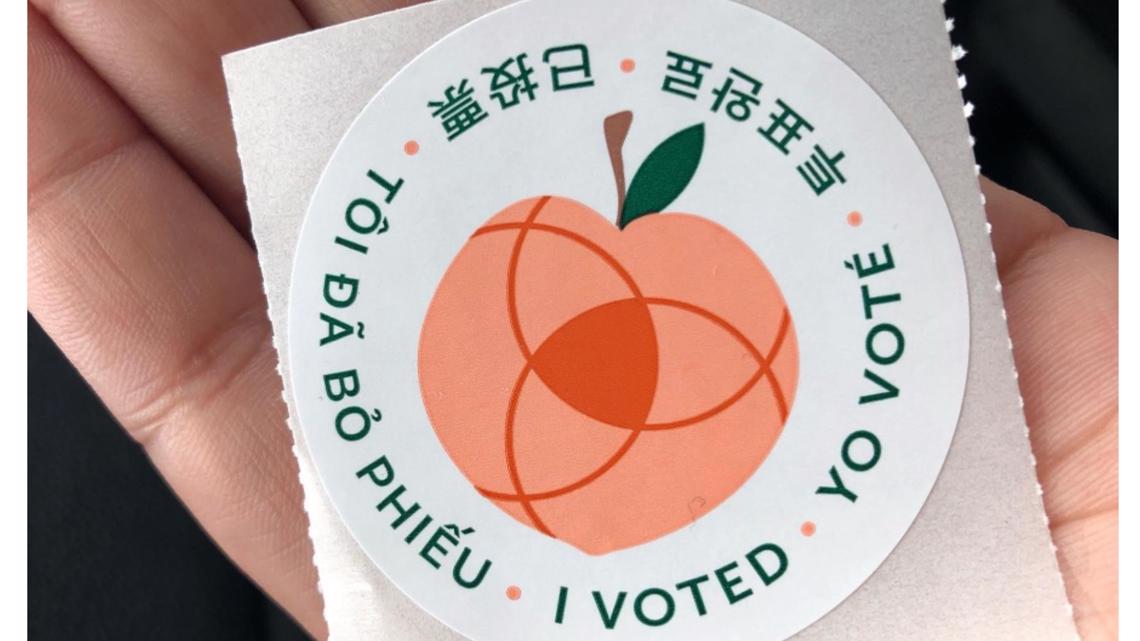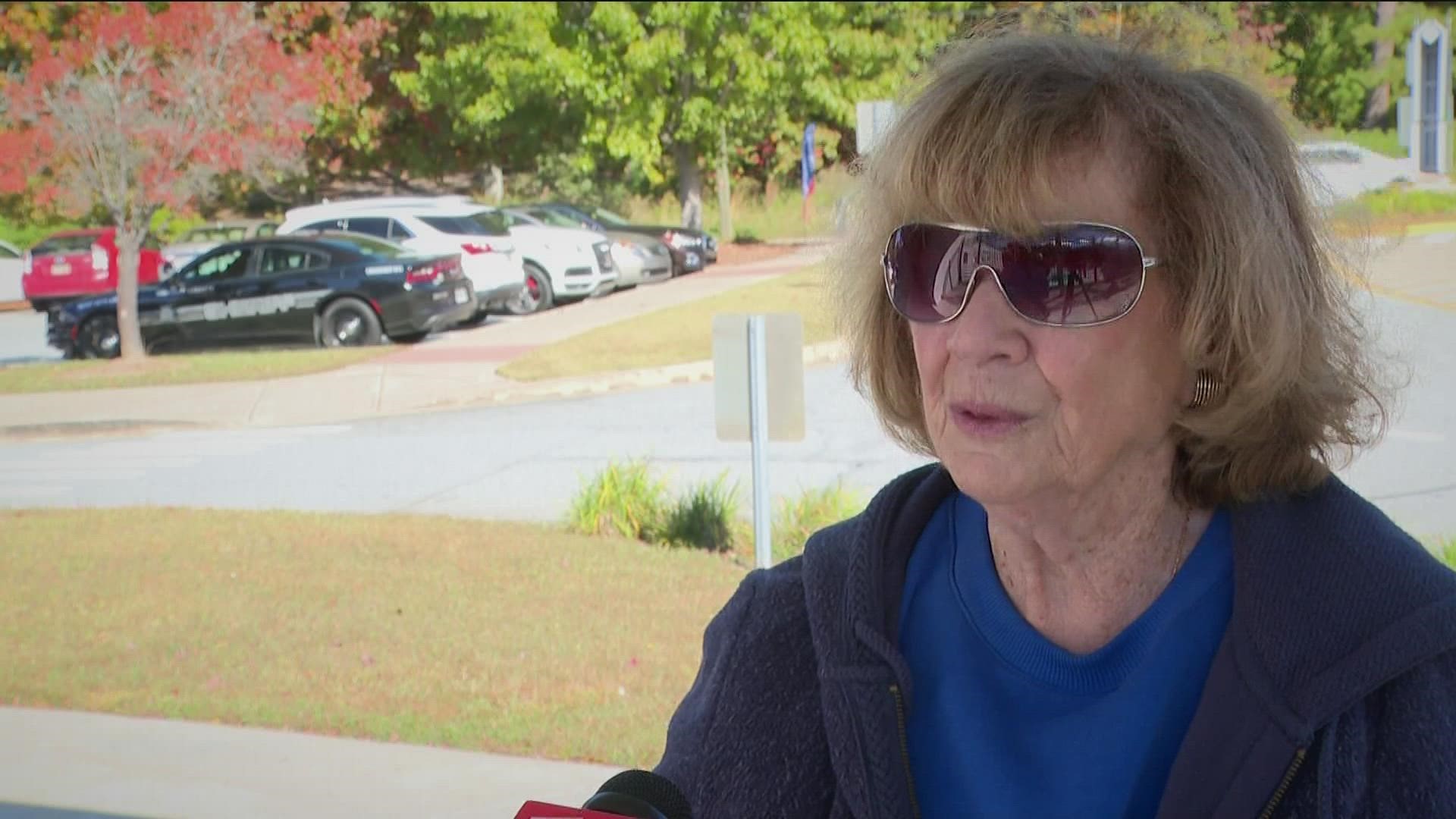GWINNETT COUNTY, Ga. — More than 2 million Georgians have cast their ballots early ahead of Nov. 8. Gwinnett County is still looking for hundreds of poll workers in time for Election Day and for potential runoff races in December.
Anita Redd, a poll manager in Lilburn, said there is a particular focus on hiring bilingual poll workers. Gwinnett County elections officials said there is compensation for those who can speak Spanish, Korean, Vietnamese, Mandarin or Cantonese.
“I don’t know anybody whose poll is fully staffed," Redd said. “We have 60,000 residents speaking those languages in Gwinnett County now, and we want to have them have representation at the polls, someone to explain the process with them, answer any questions and make it a more pleasant experience to vote.”
Gwinnett County elections officials said it has about 1,300 poll workers. Ideally, it said it would like to have about 1,800 poll workers, which equates to about a dozen workers per polling location.
Even though the county reported hiring 90 bilingual poll workers this year, it is down to 60 currently working the polls. It would like to have about one bilingual poll worker per polling location, which equates to about 156 overall.
Redd has been recruiting bilingual poll workers for months now, working to reach interested people by letting them know about compensation and the notion to follow their civic duty. She said she's helped dozens of new poll workers come on board to help out with elections.


Albert and Margarita Bolet, originally from Cuba, were hired a couple of months ago to work their first election cycle for Gwinnett County. The two said the right to vote was not guaranteed in their home country but said they felt they needed to give back to others who may have a language barrier keeping them from exercising their right to vote.
"I don’t want anybody to feel that because there’s confusion with the language that they cannot vote," Margarita said. "If I can do anything for people to vote, here I am to help them. I lost that privilege in my country and I don’t want to lose it here.”
Redd said many counties in Georgia need a strong base of poll workers in case some get sick or have to leave for any reason.
"People think the pay is too low," Redd said. "People think the hours are too long. It’s restrictive, that we can’t leave the polling place any time during those hours. People think it’s too inflexible. If there’s any confusion, bilingual, or some of these people are a little older – it’s very frustrating and confusing to get through the system.”
Redd added that recent scrutiny of poll workers after dealing with questions from the 2020 election has made it more difficult to recruit new poll workers overall.
"We’re under extreme pressure to run a clean shop and I don’t know anybody who doesn’t," Redd said. "We follow all the signatures; we do all the letters; We sign all the forms. We close the polls, open the polls."
Redd said Gwinnett County has been making strides and efforts to infiltrate Latino communities in particular, citing the county's language equity initiative and expansion of early voting options. She said a lack of bilingual poll workers could impact those who may be confused and want to stay away from the ballot box.
“We’re alienating a large group, and we don’t need to be. We need to welcome them, celebrate their differences, listen and we need to all be part of the Gwinnett County community," Redd said.
It will take poll workers like the Bolets and others to meet the critical need in the ever-growing and ever-diversifying Gwinnett County and elsewhere in Georgia.
“Voting is one of the fantastic rights that every American citizen has," Albert Bolet said. “My effort will be that all American citizens, regardless of where they come from, what language they speak, are able to vote.”
To learn more about becoming a county poll worker, check out the job posting on its website.

